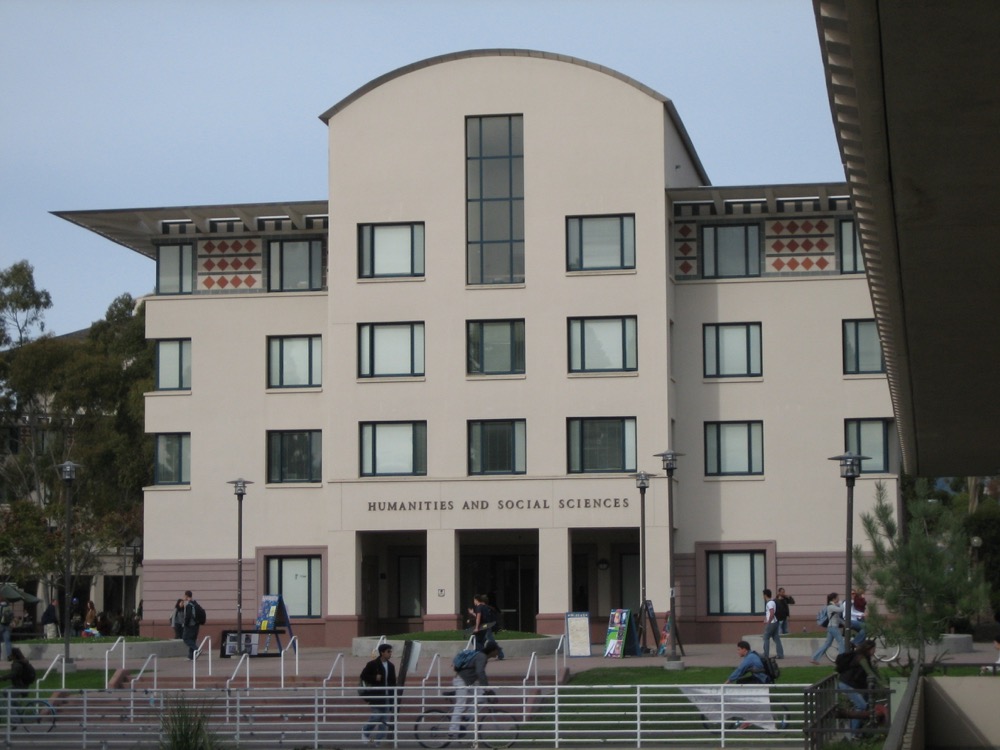UC Santa Barbara defined Public History as a profession in 1976, with a Rockefeller Foundation grant to train historians for public and private sector careers beyond conventional academic employment. Since then, we have produced more than 100 students who apply their historical skills, knowledge, and insights in public settings – in museums and heritage sites, businesses, government agencies, non-profit groups, and private foundations. To meet the wide range of opportunities presented by the many publics we serve, the Public History program prepares historians first as historians – broadly-trained scholar-professionals fully versed in the literature, methods, and interpretive debates of the venerable discipline – but also particularly conscious of and practiced in the special challenges and resources distinctive to the public practice of History. Public History students regularly take advantage of the History Department’s large and diverse faculty to integrate their particular research and reading interests into their program. Students have opportunities to undertake internships locally with the Santa Barbara Mission Archives Library, which houses the Franciscan Archives of the West, and they hone their interpretive skills with the Santa Barbara Trust for Historic Preservation, which engages with the public at the historic Presidio Santa Barbara and Casa de la Guerra, as well as the Santa Ynez Mills.
The formal course of study for the Ph.D. degree is further enhanced by opportunities to:
• participate in the editing and production of The Public Historian, the quarterly history journal jointly published by our program and the National Council for Public History
• spend research or internship quarters in residence at the UC Washington Center
in the nation’s capitol, with research grant and teaching assistantship support available
• meet and discuss the field with prominent visiting public historians in the program’s
speaker series; and
• undertake coursework, research, and internships in the state capitol, Sacramento, with the Public History Program’s joint doctoral program at California State University, Sacramento.

